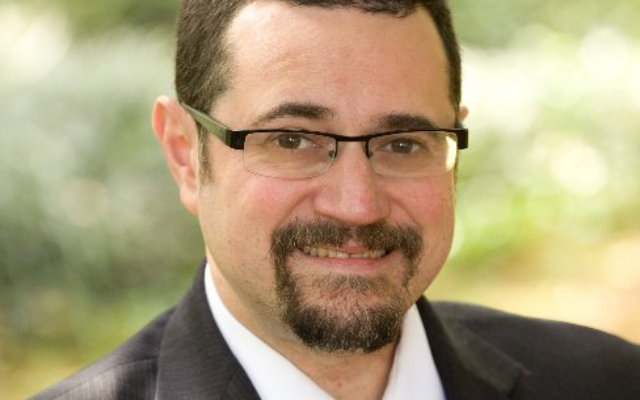A Passover Message from Rabbi Joshua Heller
For our Passover holiday issue, we invited members of our community to share their responses.
Rabbi Joshua Heller is the senior rabbi at Congregation B’nai Torah.
At the seder, we say “In every generation, every Jew must see themselves as if they had come out of Egypt.” As we prepare for the timeless rituals of the seder, we realize that the emotions we feel are very much in tune with the generations that come before.
As we drink and celebrate freedom at our seder tables, there will be dozens still enslaved in Gaza. As we remember the plague of destructive hail that rained down ice and fire from above with devastating force, and yet sparing the Israelites, we relate to the feelings of our cousins in Israel who had the miraculous experience of having death rain from above and somehow escaping harm. This is a blessing, but not yet a victory. While we sing “next year in Jerusalem” there will be hundreds of thousands who will still be in exile within the Holy Land, in Jerusalem, Tel Aviv, Eilat, waiting to return home to communities ravaged by Hamas or threatened by the shadow of Hezbollah weapons.
We also have cause to be concerned about matters closer to home. The story of Egyptian enslavement begins vayareiu otanu hamitzrim – the Egyptians began their path of oppression by making us look bad, by casting us as enemies and outsiders. Throughout the middle ages, the Seder was a time of trepidation, as Passover might be interrupted by a mob following blood libels, fabulously false accusations of murder made against the Jewish community. We relive that experience in the regular media, in social media, and on campuses.
As we break the middle matzah, in Yachatz, we may worry about ways that our own community is divided. As we talk of the four children, we may worry about those among people, perhaps some at our very own seders, who are turned against us, whether through willful opposition or the ignorance of simply not knowing what questions to ask.
With all of this, you may find it hard to sing Dayenu with a full spirit this Passover, but there is much to be thankful for. There are so many of our ancestors’ experiences that we have been spared. We are grateful this year not to have a plague outside our homes. There were years when even a scrap of matzah felt like a luxury. This year we recognize that we have more enemies than ever before, but also greater friends.
At Passover, we will count 200 days since October 7th, and we may not see an end to that in sight. However, counting days is an essential part of our tradition. We count each day from the second seder to Shavuot (beginning at the second sederin a period called the Omer, that lasts until Shavuot. While one would think that the days after Passover , after miracles and freedom, would be joyful ones, the Omer is a time of restraint and refraining from public celebration, because Passover was only the beginning of liberation.
May this Passover be the beginning of our liberation, and may we conclude our count with full joy.
Rabbi Joshua Heller is the Senior Rabbi at Congregation B’nai Torah.




comments